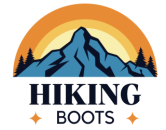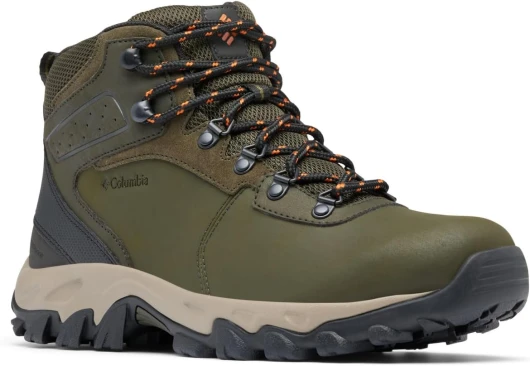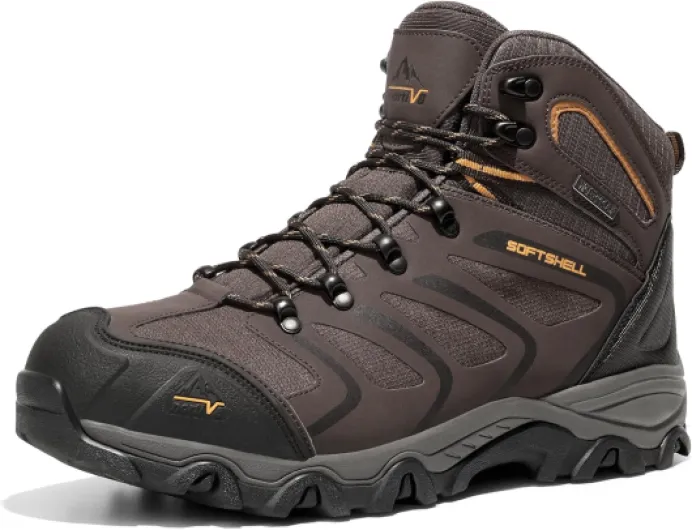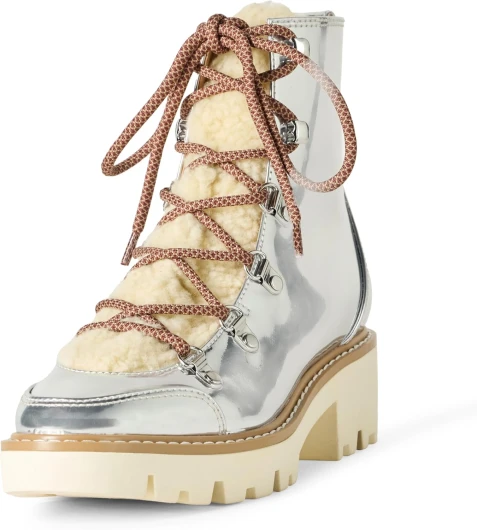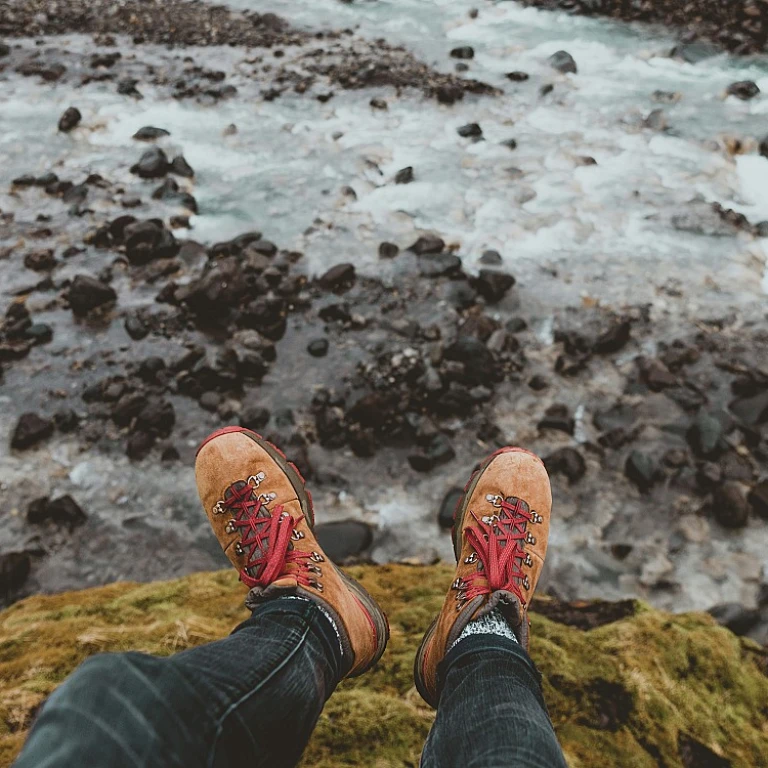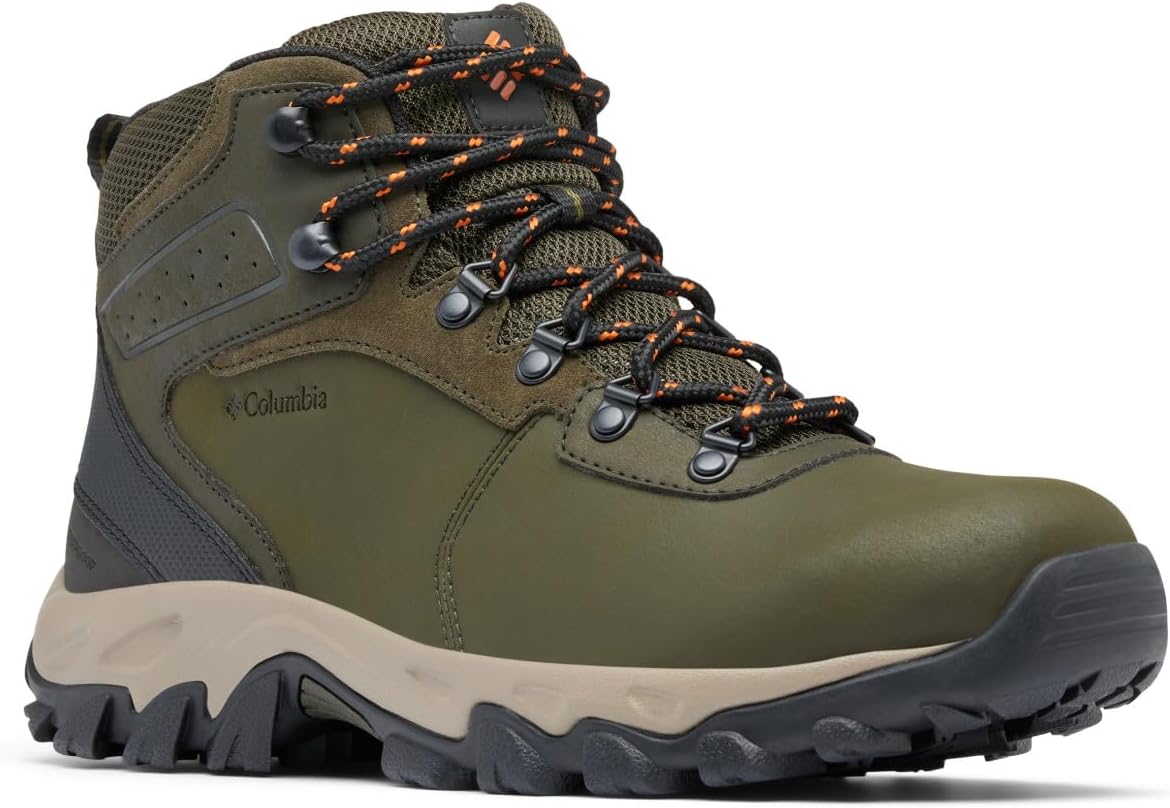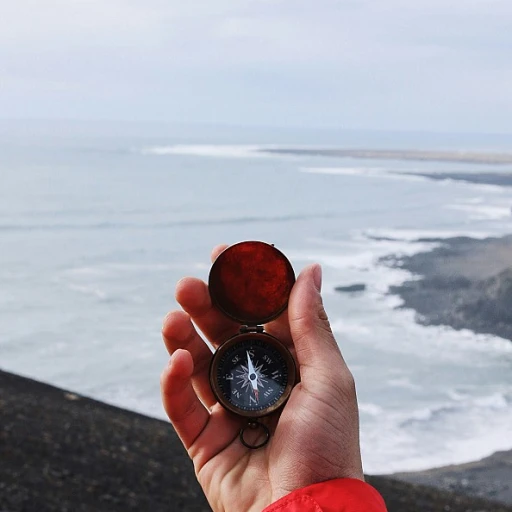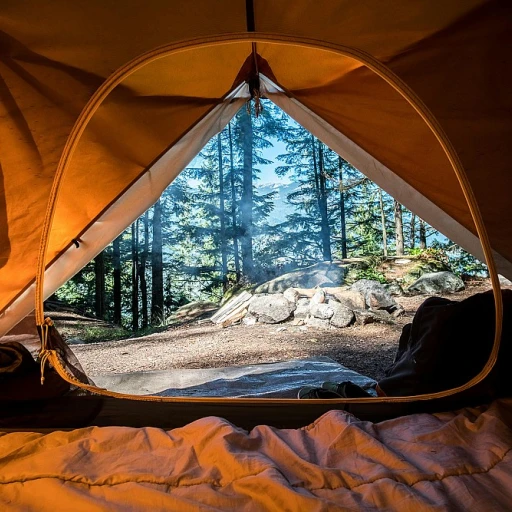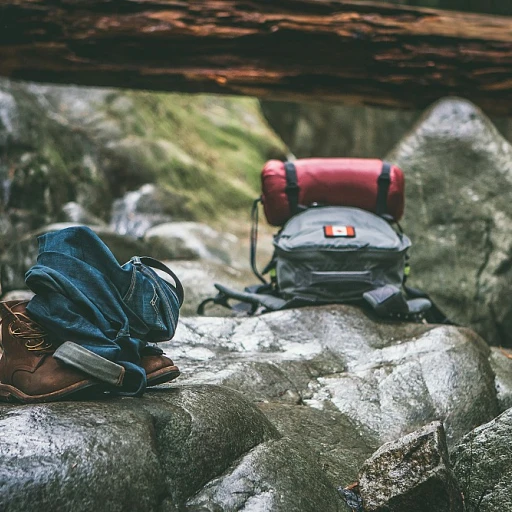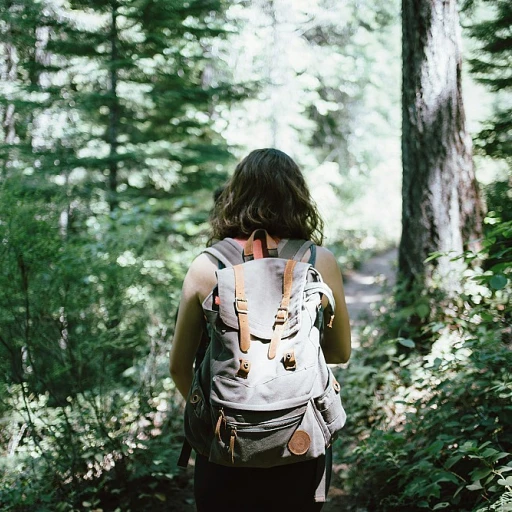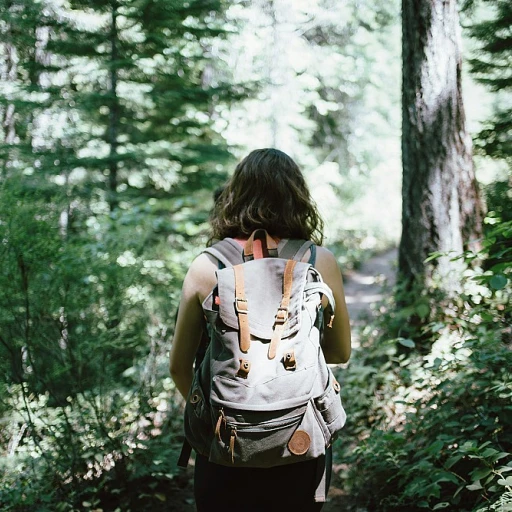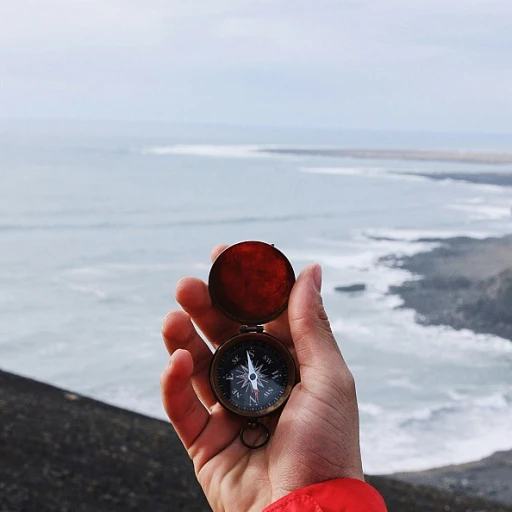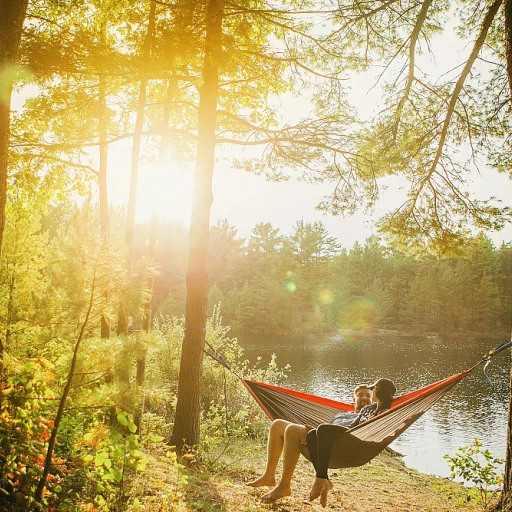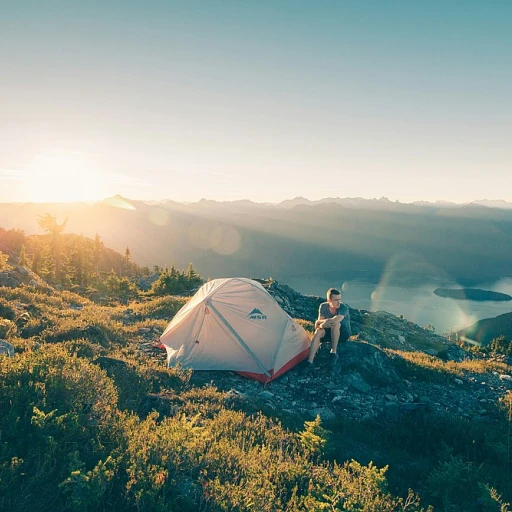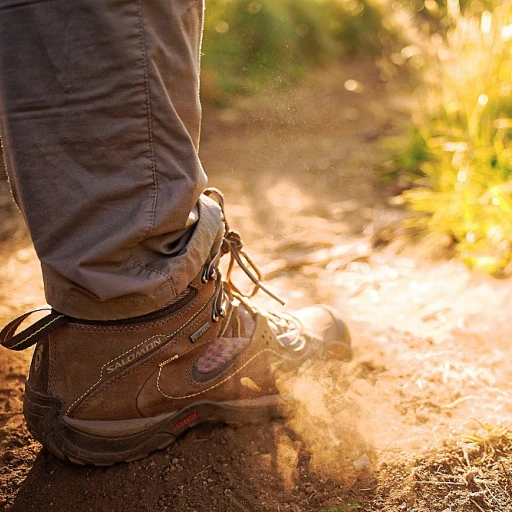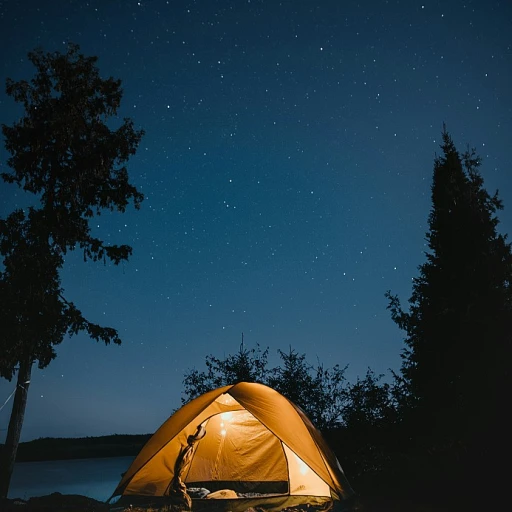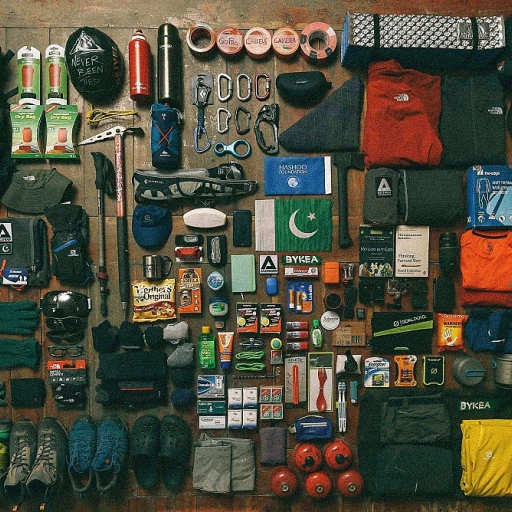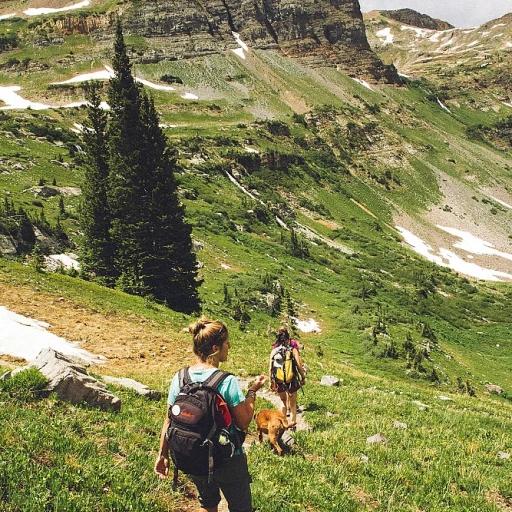
Understanding the Terrain of Colorado
Discovering Colorado's Unique Geography
Colorado is a state of breathtaking natural beauty, offering an array of trails that cater to all skill levels. From the towering Rocky Mountain ranges to serene lake trails, the geographical diversity is both a magnet and a challenge for hikers.
The elevation gain, an important consideration for hikers, varies greatly across trails. With peaks reaching over 14,000 feet, like those in the maroon bells area, the changes in elevation can impact even the most seasoned adventurers. Whether planning a round trip from Denver or venturing to the northern national parks, the terrain you choose will dictate your experience.
The hiking trails around Colorado Springs and national parks such as the Rocky Mountain National Park offer great loops with varying levels of difficulty, appealing to both beginner and more seasoned hikers. This region, characterized by its distinct seasons, sees dry conditions perfect for easy hikes and rugged mountain paths that are more challenging.
Garden of the Gods in the Colorado Springs area provides accessible paths with stunning views, embodying an easier introductory hike with minimal elevation gain. On the other side of the spectrum, trails such as those circling lakes or those located near popular mountain national areas will present more moderate to difficult elevations, testing endurance and stamina.
If you are enticed by Colorado's hiking trails, you may find parallels in the mountaineering adventures in Australia, where similar challenges and triumphs await.
Choosing the Right Hiking Boots for Colorado Trails
Selecting Boots that Conquer the Rockies
When planning a hiking adventure in Colorado, choosing the right pair of hiking boots is crucial to your experience and safety on its diverse trails. The state's terrain offers everything from easy to strenuous hikes, with elevation gains that can challenge even the most seasoned hikers. Therefore, understanding the specific attributes of boots that best suit Colorado's environment is essential.
The best hikes colorado often include varying levels of difficulty and terrain types. From the rocky paths of Maroon Bells to the dog-friendly loops in state parks, each trail demands gear that offers support and comfort. Here's what to consider when picking out your next pair of boots:
- Durability and Traction: Trails like those in Rocky Mountain National Park can have rocky and uneven surfaces. Opt for boots with durable soles and strong grip to navigate the challenging ground.
- Waterproofing: With trails leading to pristine lake views or through areas that can become muddy after rain, such as those near Colorado Springs, waterproof boots are a must.
- Ankle Support: For trails with significant elevation gain or those that span several miles, ankle support is crucial to prevent injury, especially on tricky descents.
- Comfort and Fit: Aim for boots that are a perfect fit, as you'll likely be covering long distances. A snug fit will help avoid blisters on lengthy round trip hikes.
Whether you are tackling moderate difficulty loops in national parks or embarking on an easy day hike near Denver, selecting the appropriate footwear is a key component of a safe and enjoyable trail experience. Remember that the right pair of hiking boots can make all the difference in exploring the stunning mountain vistas and natural wonders of Colorado.
Top Hiking Trails for Outdoor Enthusiasts
Discover Colorado's Best Trails for Every Adventurer
Embarking on a hiking journey in Colorado allows outdoor enthusiasts to witness some of the most breathtaking views and diverse terrain the state has to offer. From serene lake trails near Denver to challenging mountain paths, these options provide something for everyone. Exploring the Garden of the Gods is a must for newcomers. This park, known for its towering red rock formations, offers several easy hikes that are perfect for families or those looking for a leisurely day outdoors. Among the best hikes in the area is the Perkins Central Garden Trail, a 1.5-mile loop that showcases the garden's impressive features with minimal elevation gain. For those ready to tackle a more moderate challenge, the trails around Colorado Springs provide stunning vistas and a bit more exercise. The Palmer Loop Trail is a 6-mile round trip that rewards hikers with panoramic views of the city and its surroundings. The terrain includes moderate elevation gain, making it a satisfying trek without being overly strenuous. If you're in search of picturesque water scenes, head to the Maroon Bells near Aspen. The 3-mile Maroon Lake Scenic Trail winds around one of Colorado's most iconic views, offering a serene backdrop for your hike. Although the trail is easy, the reflection of the Maroon Bells in the lake at sunrise or sunset is truly magical. For those looking to extend their adventure, the Bear Lake Trailhead in Rocky Mountain National Park offers numerous interconnected routes. One popular option is the 3.7-mile round trip to Alberta Falls and Mills Lake, providing stunning views with moderate foot traffic. Each of these trails showcases the incredible natural beauty and diversity of the area. Whether you're seeking easy hikes for a relaxed day or trails with a moderate difficulty level, Colorado's landscape ensures a memorable outdoor experience. Before embarking on your journey, make sure to choose the right hiking boots to keep your feet protected and comfortable throughout your adventures. For insights into footwear selection, exploring the highest peaks in the United States can provide helpful guidance.Advanced Trails for Experienced Hikers
Challenging Trails Offering Breathtaking Vistas
For those who thrive on pushing their physical limits, Colorado offers a wide array of challenging hiking trails that promise both a workout and awe-inspiring scenery. These routes, interspersed with stunning views and rugged landscapes, are ideal for experienced hikers looking to conquer new heights.
Longs Peak – Keyhole Route
Located in the Rocky Mountain National Park, Longs Peak is a well-known trail that offers an elevation gain of over 5,000 feet. The Keyhole Route spans about 15 miles round trip and is famous for its breathtaking views and varying terrains. Be prepared for rock scrambles and exposure to heights, challenging even seasoned hikers.
Maroon Bells – South Ridge
Considered a bucket-list hike for many, the Maroon Bells offer a challenging yet rewarding experience. The climb is known for its impressive elevation gain and stunning scenery, including alpine lakes and panoramic mountain views. Due to its difficulty, it is advisable to undertake this hike in the summer months when the conditions are optimal.
Pikes Peak – Barr Trail
Starting near Colorado Springs, the Barr Trail to the summit of Pikes Peak is a demanding trek that spans 26 miles round trip with an elevation gain of 7,800 feet. This challenging trail provides remarkable views of the surrounding peaks and valleys, making it a must-try for any adventurer willing to tackle this daunting climb.
Before setting off on any of these advanced trails, it is crucial to check weather conditions, ensure you have the appropriate hiking gear including sturdy boots, and be prepared for rapidly changing weather. Always pack enough food, water, and emergency supplies to ensure your safety on these thrilling hikes.
Mountaineering Adventures in Colorado
Scaling New Heights in Colorado
Colorado offers a playground for those seeking the thrill of mountaineering. The state's rugged terrain is not just about hiking trails but also about challenging peaks that invite the bravest souls. As you journey across the Rockies, be prepared for elevation gains that reward you with some of the most breathtaking views. Imagine tackling the mighty peaks in Rocky Mountain National Park. The elevation gain in this revered area can push your limits, yet it also offers an unparalleled vista of the world around you. With trails traversing through steep and rocky paths, expertise in mountaineering becomes crucial. The Maroon Bells are another iconic duo of peaks that present both beauty and challenges to climbers. Before embarking on these demanding trails, remember the importance of selecting proper hiking boots that can withstand rocky surfaces and provide additional ankle support. Such equipment becomes indispensable when navigating the tough terrains that span miles with changing elevations. Seasoned mountaineers know the value of being well-equipped in these ventures. Aspen and Colorado Springs also present exciting mountaineering opportunities, with trails varying from difficulty moderate to challenging. When exploring these majestic regions, always prioritize safety. Weather conditions can change rapidly at higher elevations, making preparation with the correct gear essential. Mountaineering in Colorado is not just about conquering summits. It’s about embracing the powerful allure of the mountains, each round trip echoing with stories of nature’s grandeur and personal endurance. Whether you're facing the Garden of the Gods or scaling less-known peaks, the adventure is grand and the experience unforgettable. For experienced hikers ready to take on a bigger challenge, these elevated paths are where epic tales are forged, quite literally on the highest grounds.Caring for Your Hiking Boots After Colorado Adventures
Maintaining Your Gear for Future Hikes
Embarking on Colorado's diverse trails from the breathtaking maroon bells to the serene Garden of the Gods not only requires the right gear but also calls for diligent maintenance to ensure longevity and safety on the next adventure. Whether you’re conquering the Rocky Mountains or enjoying a loop around a lake trail, keeping your hiking boots in top condition is essential.- Immediate Aftercare: After a rewarding hike across Rocky Mountain National Park or on a dog-friendly trail in the Colorado Springs area, remove dirt and debris from your boots. A soft brush or a damp cloth can be used to gently clean the exterior. Pay close attention to any mud or debris collected in the treads, especially if you’ve tackled terrains with significant elevation gain.
- Drying Your Boots: Avoid placing your boots directly under sunlight or near high-heat sources, as this can damage the materials. Instead, allow them to air dry naturally in a well-ventilated area. If you've crossed a lake or streams where your boots might have gotten wet, stuffing them with newspaper can speed up the drying process.
- Review and Repair: Check your boots post-hike for signs of wear around the soles and seams. If you plan on taking on more advanced hikes, such as those with a round trip of several miles and a moderate difficulty level, consider investing in minor repairs to extend the life of your hiking footwear.
- Condition and Waterproof: Across the varying terrains of Colorado, from easy hikes in Denver to challenging distances with steep elevation, your boots can undergo a lot of strain. Applying a conditioning treatment and a waterproof spray can protect against the elements, particularly if you frequent routes with changing weather conditions.
- Storage: When not in use, store your hiking boots in a cool, dry place. Avoid damp areas like basements, which can lead to mold. Proper storage will ensure your boots are trail-ready for every hike, from national parks to your favorite state park adventures.
